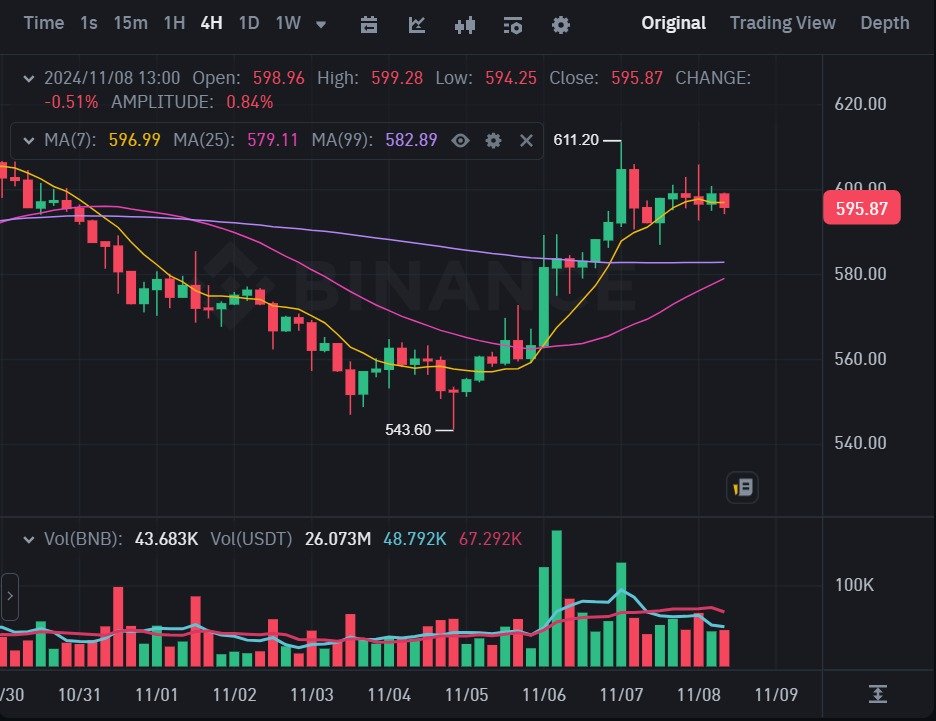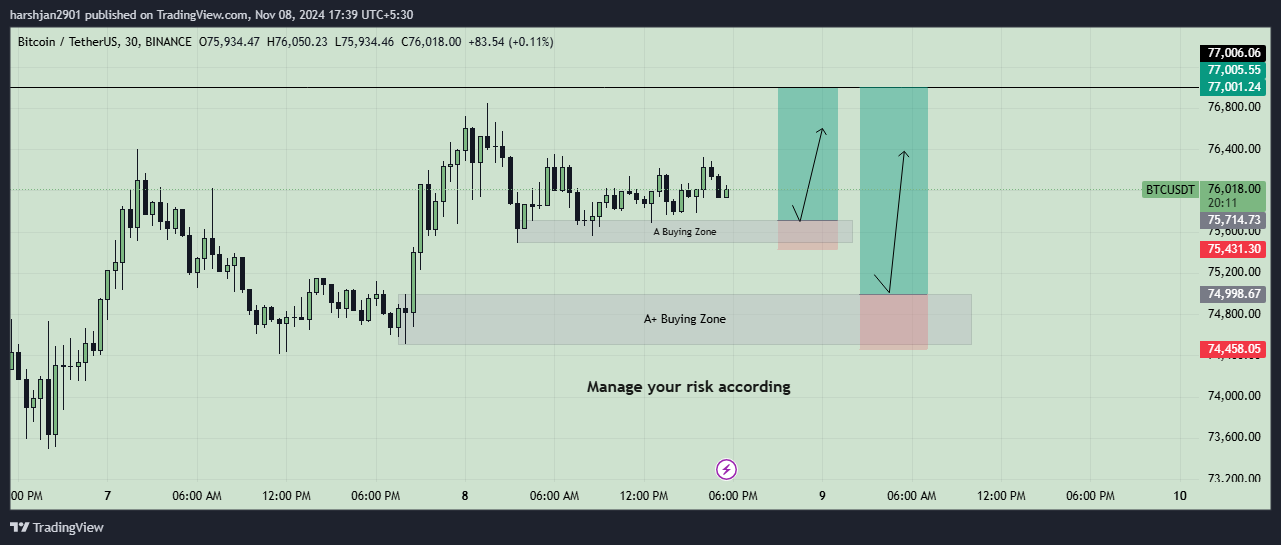The question of whether cryptocurrencies are banned in India has been a topic of significant debate for several years. While the Indian government has not issued an outright ban on crypto, there have been regulatory restrictions, and at times, significant measures that have hindered the growth and usage of cryptocurrencies in the country. Let’s break down the reasons behind India’s cautious stance on cryptocurrencies and why it has remained hesitant to fully embrace the market.
1. Regulatory Concerns
One of the primary reasons for the cautious approach to crypto in India has been regulatory uncertainty. The lack of a clear legal framework has made it challenging for both the government and investors to navigate the space. The Indian government has expressed concerns over how cryptocurrencies should be classified—whether as commodities, currencies, or securities—and how to regulate them appropriately.
a) Risks of Unregulated Markets
Cryptocurrencies operate in a decentralized manner, meaning they are not directly controlled by any government, central bank, or financial authority. This creates challenges for regulatory bodies in India, which have concerns about the potential for money laundering, terrorism financing, and tax evasion associated with anonymous transactions.
- Since crypto transactions are typically peer-to-peer and involve anonymous wallets, authorities fear that such currencies could facilitate illegal activities without proper oversight.
b) Protection for Investors
The Indian government has also voiced concerns over investor protection. Given the volatile nature of the crypto market, there is worry that inexperienced investors could suffer significant financial losses. Cryptocurrencies are often seen as highly speculative, and the government has expressed concern over the rise of retail investors being lured into unregulated markets that could result in widespread financial instability.
2. Rising Concerns Over Financial Stability
India’s central bank, the Reserve Bank of India (RBI), has been vocal about the risks cryptocurrencies pose to the country’s financial stability. The Indian financial system is built on the backbone of traditional fiat currencies, and introducing decentralized, non-government-backed digital assets could potentially undermine confidence in the country’s monetary policy.
a) Impact on Rupee and Monetary Control
Cryptocurrencies, by their nature, can operate outside the jurisdiction of central banks. This poses a challenge for governments that rely on the control of fiat money to manage inflation, interest rates, and the overall economy. If cryptocurrencies became too popular, they could dilute the effectiveness of the Indian Rupee, and the government’s ability to manage the economy through traditional monetary policies could be compromised.
b) Risk of Capital Outflows
Another concern is that widespread adoption of cryptocurrencies could encourage capital outflows from India. If investors increasingly choose to store their wealth in digital currencies rather than Indian assets or the Rupee, it could destabilize the country’s financial system, particularly when it comes to foreign exchange reserves.
3. Tax Evasion and Illegal Activities
Cryptocurrencies are often viewed as a tool that could facilitate tax evasion and money laundering. Since many crypto transactions occur peer-to-peer, they are typically difficult to trace, which makes it challenging for the government to ensure compliance with tax laws and financial regulations.
a) Lack of Transparency
The anonymous nature of crypto transactions has made it difficult for Indian authorities to monitor and track the flow of money. This raises concerns about the use of cryptocurrencies for illegal activities such as terrorist financing, black market trading, and drug trafficking.
- The ability to transfer large amounts of money anonymously across borders without oversight has raised alarms among governments worldwide, including in India.
b) Risk of Ponzi Schemes
Another concern raised by the government is the rise of Ponzi schemes and other fraudulent activities in the crypto space. Many scams have targeted unsophisticated investors, promising massive returns on crypto investments, which have often turned out to be fraudulent schemes.
- The government has sought to protect consumers from being lured into these high-risk, unregulated investment opportunities.
4. Environmental Impact
Cryptocurrency mining, especially for coins like Bitcoin, requires significant computational power, leading to massive energy consumption. The environmental impact of crypto mining has been a concern in many countries, including India.
a) Carbon Footprint
The high energy demand associated with proof-of-work mining (used by Bitcoin) has led to increased carbon emissions, which goes against India’s environmental goals. The government has shown interest in adopting green technologies and sustainable practices, and the energy consumption of crypto mining doesn’t align with these objectives.
- There is an ongoing debate about the environmental sustainability of cryptocurrencies, which could influence decisions on their future regulation or ban.
5. Uncertainty About Future Technology
While blockchain technology is seen as having immense potential, the uncertainty surrounding the future of cryptocurrencies—especially in terms of security, scalability, and regulation—has made India hesitant to embrace them fully.
a) Technological Risk
Cryptocurrencies are based on rapidly evolving technology, and there is fear of unforeseen risks that could arise as the space develops further. The technology is still in its nascent stages, and the government is cautious about fully embracing it without understanding all of the long-term consequences.
- With new cryptocurrencies emerging regularly, the risk of creating a bubble or investing in a failed project is high. The government may be trying to protect the public from investing in unproven technologies.
6. The Supreme Court Ruling and RBI Ban
In 2018, the Reserve Bank of India (RBI) imposed a banking ban that prevented Indian banks from providing services to cryptocurrency exchanges. This effectively halted the ability for investors to buy and sell cryptocurrencies using Indian Rupees. However, in 2020, the Supreme Court of India overturned this banking ban, ruling that the RBI’s restrictions were unconstitutional. Despite this, the government still hasn’t taken a clear position on cryptocurrencies, and the ban on crypto is enforced through indirect measures like taxation and regulatory hurdles.
7. The Push for a Central Bank Digital Currency (CBDC)
The Indian government has been exploring the development of a Central Bank Digital Currency (CBDC), which would be a digital version of the Indian Rupee. Unlike cryptocurrencies, a CBDC would be fully regulated and controlled by the Reserve Bank of India.
a) Competition with Cryptocurrencies
As India moves forward with plans for a digital Rupee, the government may view private cryptocurrencies as competition to the official digital currency. This could explain the push for restrictions or bans on non-government-backed cryptocurrencies.
- A CBDC could offer the benefits of digital currency—like faster transactions and borderless payments—without the risks associated with decentralized cryptos.
What’s the Future of Crypto in India?
While there have been ongoing discussions about a potential crypto ban, the Indian government has not made any definitive moves to completely outlaw cryptocurrencies. Instead, they seem to be focused on creating regulations that balance the potential benefits of blockchain technology with the need for consumer protection, financial stability, and compliance with international standards.
If you’re an investor in India, it’s essential to stay updated on the latest regulatory developments. As the landscape evolves, Lumina Lore can help guide you through the complexities of crypto trading, regardless of regulatory changes.
Contact us for expert insights and strategies on managing your crypto investments in India.
Key Takeaways:
- India’s stance on crypto has been influenced by concerns over regulation, financial stability, money laundering, and tax evasion.
- The Reserve Bank of India and Indian government are cautious due to the decentralized nature of cryptocurrencies and their potential impact on the traditional financial system.
- Environmental concerns and the rise of Central Bank Digital Currencies (CBDCs) are also factors influencing the government’s approach to crypto.
- Regulatory clarity will be crucial in shaping the future of cryptocurrencies in India.



